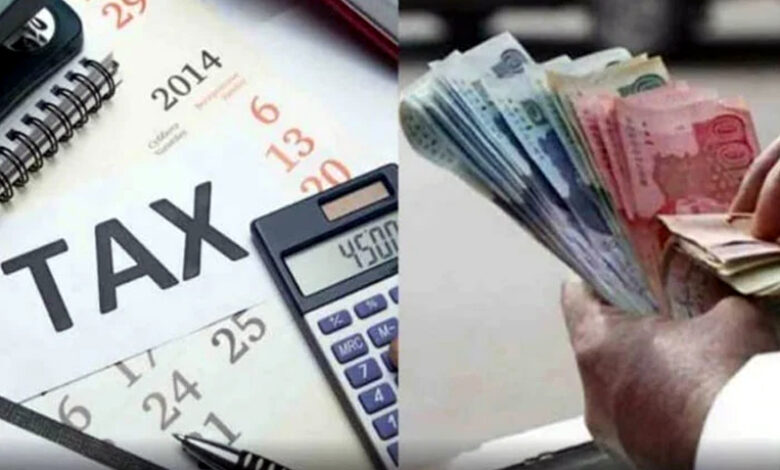
New Tax Law Could Change How You Invest in Charleston Real Estate
Charleston Market Report – In the ever-shifting landscape of property investments, staying informed is critical especially in a city as dynamic as Charleston. The phrase New Tax Law Could Change how you invest in Charleston real estate isn’t just a dramatic headline; it reflects a very real and timely development that could upend traditional strategies for investors across South Carolina.
If you own property, are considering entering the Charleston market, or manage real estate portfolios in the region, you need to pay attention to the tax reform package being debated and rolled out in 2025. This law has significant implications, not only for current real estate owners but also for those hoping to capitalize on Charleston’s booming property scene.
The proposed tax legislation aims to restructure how short-term rentals, capital gains, and property depreciation are treated. These changes target areas that have traditionally provided high returns for real estate investors in tourist-heavy cities like Charleston.
The key updates include tighter restrictions on vacation rental deductions, reduced depreciation benefits for certain classes of property, and a shift in how capital gains from real estate are taxed when properties are sold within three years of acquisition.
Why does this matter so much for Charleston? The city has seen a surge in Airbnb-style rentals and short-term hospitality investments over the last decade. These properties have become cash-flow machines for savvy investors. However, the new law would limit tax write-offs associated with maintenance, renovation, and property management, making such investments less lucrative on paper.
One of the biggest blows comes in the form of regulation on short-term rental taxation. Under the current system, many Charleston investors write off a wide array of expenses from property management fees to furnishings and utilities. These deductions often helped offset high mortgage payments and allowed investors to reinvest capital gains into additional properties.
With the new law, only a portion of these deductions would be allowed, with stricter classification rules on what qualifies as a business versus a personal investment. Investors relying heavily on these breaks will need to reassess the viability of their current models.
Additionally, cities like Charleston that are already implementing their own rental regulations may now face even more layered taxation that discourages short-term rental ownership altogether.
Another major point of concern in the New Tax Law Could Change scenario involves depreciation benefits. Traditionally, investors have been able to write off a portion of the property’s value every year as a depreciation expense, which reduces their taxable income.
The proposed changes cut back on these deductions, especially for newer buildings or properties purchased after 2025. This shift discourages the purchase of newly constructed luxury properties, which have been among the most popular choices for out-of-state investors flooding Charleston’s market.
Those who are planning long-term real estate holdings in Charleston should factor this into their ROI calculations. The decreased ability to write off property value over time could tighten profit margins.
Perhaps the most surprising detail in the legislation is a new clause targeting capital gains from real estate sales.
For house flippers and short-cycle property investors, this could be a major setback. Charleston’s rapid appreciation in property values has made it fertile ground for flipping homes. Under the new law, many investors might choose to hold onto properties longer or shift their focus entirely.
This part of the law is especially critical for newer investors or developers who rely on a quick turnaround model. It may push more people to pursue rental income rather than short-term profit from resale—changing the rhythm of the market itself.
Some see the law as a necessary measure to level the playing field and curb over-speculation, while others believe it could stifle growth and discourage out-of-state investment.
Real estate analysts warn that housing inventory could increase as investors rush to sell before the tax changes fully take effect. This may momentarily deflate pricing in some high-growth areas but could also provide opportunities for buyers who know where to look.
According to a recent panel hosted by the Charleston Real Estate Investment Network, this law may prompt a “great portfolio reshuffle” in 2025, with investors rebalancing between rental, commercial, and residential strategies.
Investors should closely monitor how local municipalities in the Charleston region interpret and enforce the national changes. Often, cities add their own tax codes or exemptions to supplement or mitigate federal impact.
It’s also essential to work with financial advisors who specialize in real estate tax strategy. Charleston’s real estate climate is still one of the most promising in the Southeast, but the tactics used to win may look very different by the end of this year.
The proposed reforms don’t mean investing is no longer viable they simply mean the rules are changing.
Savvy investors who take time to understand the details, shift strategies, and adapt quickly may find themselves with new opportunities in a transforming market
This website uses cookies.